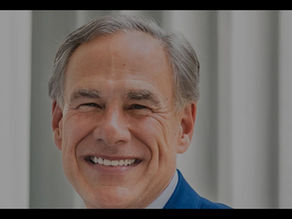
Licet Dayani Salda a Bastidas, a young woman who had been missing for eight years, was found dead and naked along a roadside in Peru. She showed signs of violence, had her head shaved, and her hands and feet were tied. She was identified by a tattoo of her name on her back.

The 21-year-old was discovered on the Pan-American Highway near Barranca on May 10. Originally from the rural town of Algeciras in Colombia, her family is devastated and puzzled about how she ended up in Peru after disappearing from her hometown in 2017.

Her mother, Clemencia, is urgently seeking assistance to have her daughter's body returned to Colombia for a proper funeral. Authorities in Algeciras are working with their Peruvian counterparts to arrange the repatriation. The Colombian Foreign Ministry may also step in to help, especially if the family lacks the financial means.
Clemencia expressed her grief: "She was a native daughter of Algeciras, and I want to bring her home. But I don't have the resources; this is an unexpected tragedy." The investigation into Licet's death continues as authorities seek answers.








.jpg)
.png)


































































































